Author: alexandrapickett
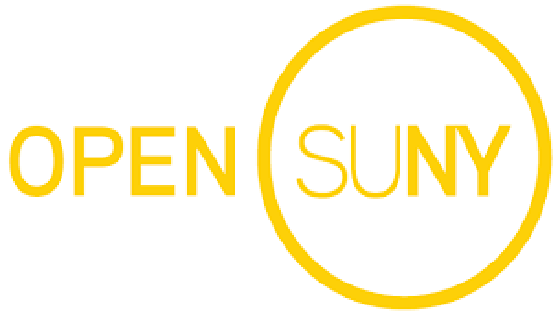
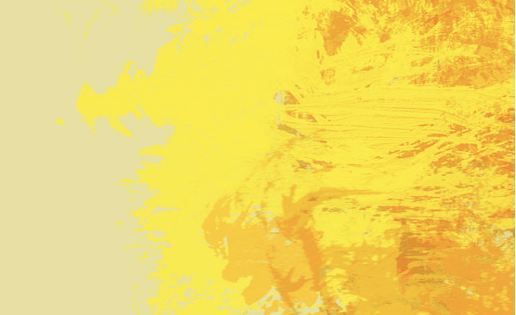
Let the #OpenSUNYsummit begin!!
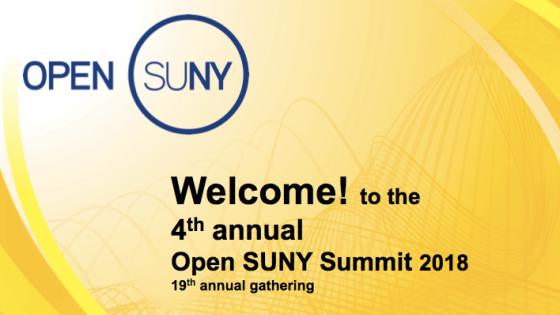
Welcome!
Welcome to the home of the Open SUNY annual summit for online learning practitioners.
Register for the conference! Make your hotel reservations!
Conference Dates: February 28 – March 2, 2018.
Location: SUNY Global Center, New York, New York
Hotel: DoubleTree by Hilton Metropolitan Hotel, New York, New York
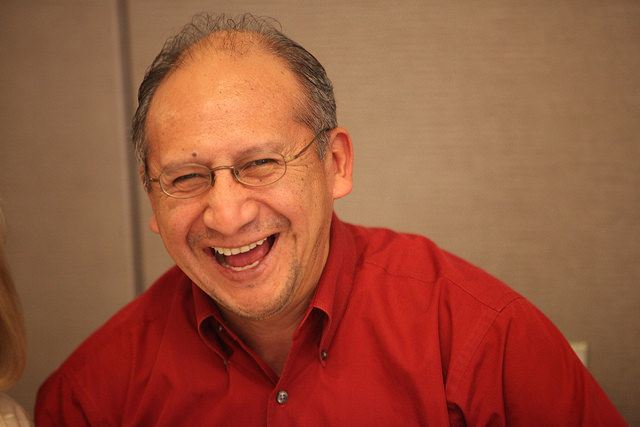
smile : )
View our Flickr group photos being collected for the Open SUNY 2018 slideshow.
See the slideshow from last years’ summit!!
See the slideshow from 2016!
See the slideshow from 2015!
See the slideshow from 2014!
See the slideshow from 2013!
See the slideshow from 2012!
See the slideshow from 2011!
See the slideshow from 2010!
See the slideshow from 2009!
See the slideshow from 2008!
If you want to add photos to the group and didn’t get the invite, let me know,
: )

Have a question or suggestion?
Let us know! Contact Open SUNY
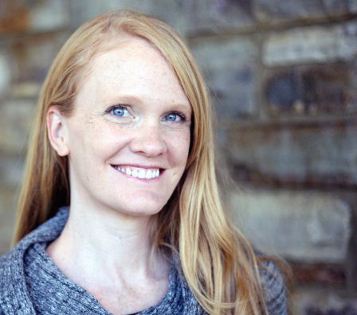
Amy Collier: Critical Digital Fluency
Presenter: Amy Collier is the Associate Provost for Digital Learning at Middlebury College.
Day 2 Presentation
Critical Digital Fluency: Agency and Activism in Today’s Polluted Digital World
As educators and learners, we are grappling with what it means to live and learn with our polluted digital environments. As misinformation and hate spreads on the web, it is difficult to not despair. For those of us involved in online teaching and learning there are some unique challenges and implications. In this session, Amy Collier will discuss how critical digital literacy in education can begin to move us toward action. She will highlight work that is happening at Middlebury, and other higher education institutions, and propose steps we can take to make positive change in our digital information environments.
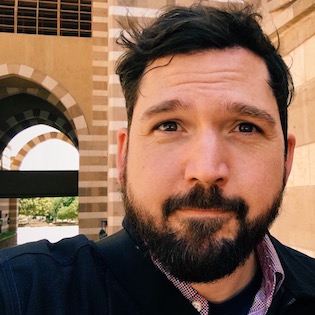
Jesse Stommel: Open Pedagogy
Presenter: Jesse Stommel is the executive director of the Division of Teaching and Learning Technologies at the University of Mary Washington. He is alsoCo-founder of the Digital Pedagogy Lab and Hybrid Pedagogy.
Day 2 Presentation
Open Pedagogy: How to Build More Compassionate Spaces for Online Learning
In Teaching to Transgress, bell hooks writes, “for me this place of radical openness is a margin—a profound edge. Locating oneself there is difficult yet necessary. It is not a ‘safe’ place. One is always at risk. One needs a community of resistance.” For hooks, the risks we take are personal, professional, political. When she says that “radical openness is a margin,” she suggests it is a place of uncertainty, a place of friction, a place of critical thinking. This is not an Open pedagogy neatly defined and delimited.
Open pedagogy pushes on the notion of education as content delivery in favor of education as community and dialogue. The work is less crudely didactic, more ephemeral. This can be especially true in online teaching and learning, where presence is signaled in very different ways and risk is felt differently. When we ask students to work openly on the Web, it’s critical that we make space for them to critically interrogate digital culture and to contribute to knowledge on the Web. As online educators and designers, we must also make space for students to teach us about working on the Web, about learning, about what education can be.
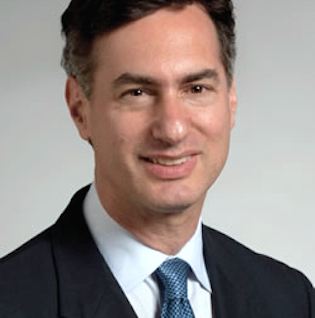
Rob Steiner: Online Science Ed. – AMNH
Presenter: Robert V. Steiner directs online teacher education programs at the American Museum of Natural History.
Day 2 Presentation
Online and Blended Science Education from the American Museum of Natural History
Nearly twenty years ago, the American Museum of Natural History (AMNH) helped pioneer online science professional learning for educators, drawing upon forefront research across the life, Earth, and physical sciences. AMNH online courses weave compelling scientific narratives, are supported by rich discourse and media, and co-instructed by a master teacher and a scientist, and, through higher education partnerships, are made available as semester-equivalent graduate courses. The courses, designed exclusively for educators, go beyond strict content courses to include pedagogical elements with application to the classroom.
Course titles include Earth: Inside and Out; Genetics, Genomics, Genethics; Space, Time and Motion; Evolution; and The Brain. Over time, the program has served over 12,000 pre-service and in-service teachers in fifty states and seven continents (with about half of enrollments from New York State). AMNH has leveraged this program to create blended offerings, MOOCs, and other spin-offs, expanding both its kinds of partnerships and its range of audiences in the process.
In this session, we consider some of the program highlights, as well as the opportunities for increasing access to authentic science education resources, for creating innovative partnerships, and for curricular and pedagogical innovation.
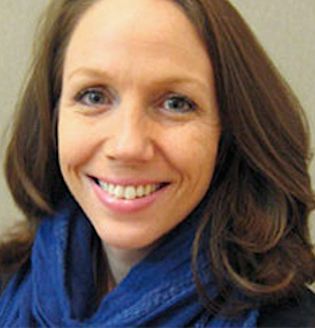
Tanya Joosten: Findings into Practice
Presenter: Tanya Joosten is the director of eLearning Research and Development at the University of Wisconsin-Milwaukee (UWM).
Day 2 Presentation
Turning Findings into Practice: Results of Cross-Institutional Online Learning Research
The National Research Center for Distance Education and Technological Advancements (DETA Research Center, http://www.uwm.edu/deta) has dedicated three years to designing research models and conducting rigorous research across several higher education institutions (2-year and 4-year) with the purpose being to help identify effective instructional and institutional practices in online courses and programs based on the DETA Research Toolkit developed in 2015.
In this presentation, key quantitative and qualitative findings generated from three cross-institutional research studies about online learning and student success will be shared, research designs used in these studies will be briefly illustrated, and future DETA research collaborations will be contemplated.
- 2 of 2
- « Previous
- 1
- 2



